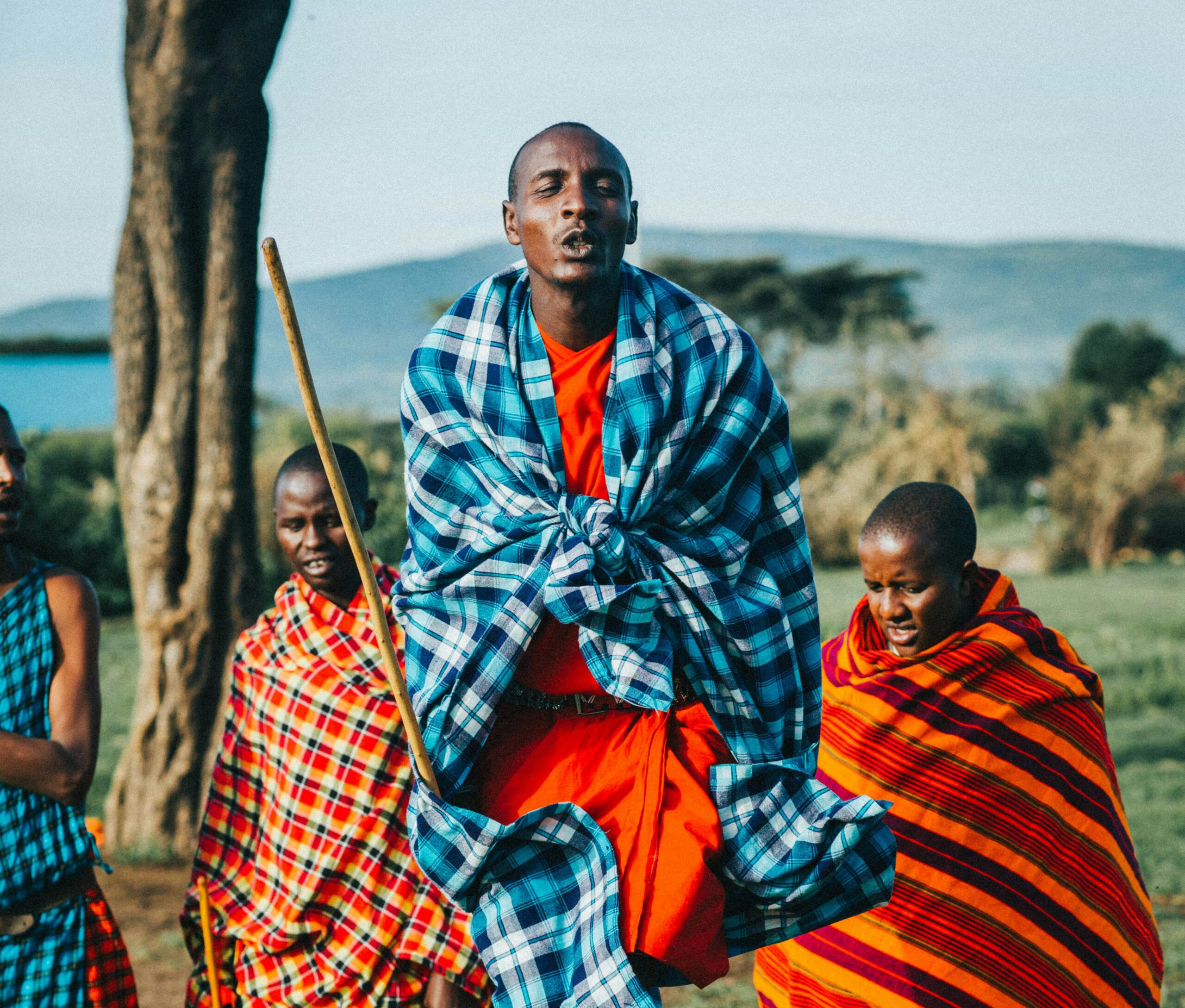Every year, thousands of travelers embark on a journey to Tanzania, attracted not only by its breathtaking landscapes and wildlife but also by the chance to make a meaningful impact through volunteering. For many, the opportunity to contribute to local communities and conservation efforts provides a richer experience than traditional tourism. This unique blend of travel and service has opened doors for ethical and responsible tourism.
Volunteering in Tanzania offers a range of ethical opportunities for travelers. Programs are often designed in collaboration with local communities to ensure that the volunteer work addresses genuine needs and promotes sustainable development. Organizations such as Projects Abroad and Seed of Hope emphasize responsible practices, with data showing that volunteer efforts can improve educational outcomes for thousands of children. By engaging with these initiatives, travelers not only enrich their own experiences but also support long-term positive change in Tanzanian society.

Exploring Ethical Volunteering Opportunities in Tanzania
Tanzania offers a wealth of opportunities for ethical volunteering. The country is known for its stunning landscapes, diverse wildlife, and vibrant cultures. Volunteering here means more than just lending a hand; it’s about making a real impact. From helping in schools to supporting conservation efforts, there’s a variety of ways to contribute. Each opportunity ensures that volunteers’ work is meaningful and sustainable.
In Tanzania, volunteers often work closely with local communities. This ensures that their efforts align with the community’s needs and goals. For instance, building schools or providing healthcare services are common projects. Here are some popular volunteer opportunities:
- Teaching in Local Schools
- Wildlife Conservation
- Healthcare Initiatives
- Community Development Projects
Choosing ethical programs is crucial. It means picking organizations that work responsibly. These organizations should prioritize the well-being of the community and the environment. They must also provide proper training and support for volunteers. This ensures that the help they offer is both respectful and effective.
Volunteering in Tanzania isn’t just beneficial for the locals. Volunteers often find the experience deeply rewarding. They gain new skills, form lasting friendships, and learn about different ways of life. By engaging in ethical volunteer work, they contribute to a better world while having a memorable adventure. It’s a win-win situation for everyone involved.
Understanding the Importance of Ethical Practices in Volunteerism
Ethical volunteerism ensures that the help provided genuinely benefits the community. It’s essential to understand the local culture and needs before starting any project. Ethical practices prevent unintentional harm and promote long-term positive impacts. Volunteers must respect the traditions and values of the communities they serve. This builds trust and encourages meaningful connections.
Volunteering should never be about simply feeling good. It’s about making a responsible and lasting difference. Ethical volunteerism involves collaborating with local organizations and leaders. This helps address real issues without causing dependency. Here’s why ethical practices matter:
- Long-term Sustainability
- Respect for Local Cultures
- Empowerment of Communities
- Minimizing Harm
Transparent operations are vital. Organizations must be clear about how they use resources and funds. Volunteers should seek programs with a strong track record of ethical behavior. This way, their contributions are maximized and supporting genuine development. Always research and ask questions before committing to a program.
Ethical volunteering benefits everyone involved. It helps volunteers grow personally and professionally. They learn valuable life skills, gain new perspectives, and make a real impact. Ethical practices ensure that volunteer efforts contribute to the community’s well-being. This creates a lasting legacy of positive change.
How Volunteering Contributes to Sustainable Development in Tanzania
Volunteering plays a crucial role in sustainable development in Tanzania. When volunteers support local projects, they help communities build lasting solutions. By teaching new skills or improving infrastructure, volunteers provide tools for long-term success. They also create opportunities for economic growth. This reduces poverty and leads to a more sustainable future.
Community-driven projects benefit most from volunteer work. Volunteers often collaborate with local leaders who understand their community’s needs. These projects may involve education, healthcare, or agriculture. Here are some key areas where volunteer efforts make a significant impact:
- Improving Literacy Rates
- Providing Essential Healthcare Services
- Developing Sustainable Agriculture Practices
- Enhancing Local Infrastructure
Education is a prime example of how volunteering supports sustainable development. By teaching in schools or providing educational resources, volunteers help improve literacy rates. Educated individuals can access better job opportunities. This leads to economic stability and growth. Over time, the entire community benefits.
Healthcare initiatives also contribute significantly. Volunteers assist in providing medical care and health education. This improves overall community health and reduces the spread of diseases. Healthier communities are more productive and can focus on development. Volunteer contributions in these areas are essential for a sustainable future in Tanzania.
The Role of Travelers in Supporting Local Communities through Volunteering
Travelers can significantly impact local communities through volunteering. When tourists engage in volunteer work, they offer more than just financial support. They bring in new skills, ideas, and perspectives that can help local communities thrive. Their efforts can lead to the development of sustainable projects. This kind of involvement creates deeper connections between travelers and locals.
One of the most direct ways travelers support communities is by participating in educational programs. They can teach various subjects or assist with extracurricular activities. This enriches the learning experiences of local students. Improved education opens doors to better employment opportunities. It also brings hope for a brighter future.
Healthcare volunteer programs also see traveler participation. Medical professionals can offer their expertise in clinics and health campaigns. They provide critical care and health education to underserved communities. These efforts improve overall health standards. In turn, a healthier population is more productive and resilient.
Travelers can also work on environmental conservation projects. These projects often aim to preserve local wildlife and natural habitats. By engaging in such work, volunteers help maintain biodiversity. They also educate the community on the importance of environmental stewardship. This leads to more sustainable living practices.
By contributing to infrastructure projects, travelers help build essential community facilities. This can include constructing schools, water systems, and housing. These initiatives improve the quality of life for many. Volunteers’ contributions ensure that these projects are completed efficiently. Local communities benefit from better resources and services.
Volunteering brings benefits not just to the communities but also to the travelers themselves. They learn about new cultures and ways of life. This broadens their perspectives and fosters mutual understanding. It makes traveling a more enriching experience. Through volunteer work, travelers create lasting positive impacts while making unforgettable memories.
Key Takeaways
- Volunteerism in Tanzania supports long-term community development.
- Projects include education, healthcare, and conservation efforts.
- Respecting local cultures is crucial while volunteering.
- Sustainable practices ensure lasting positive impacts.
- Both communities and travelers benefit from ethical volunteering.














